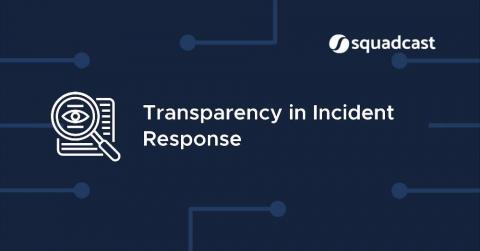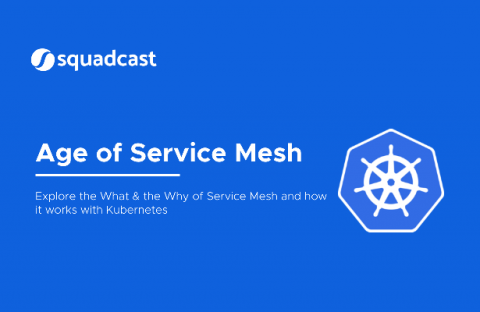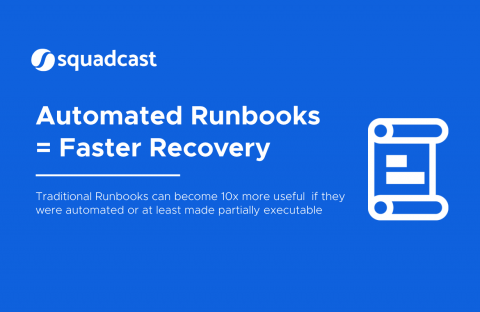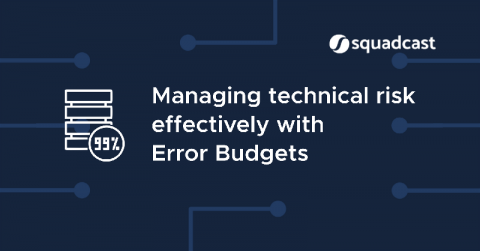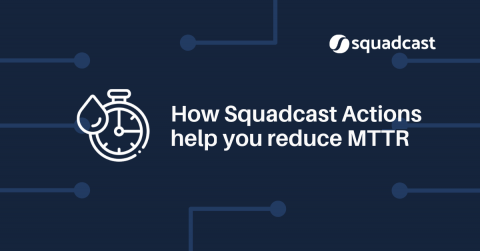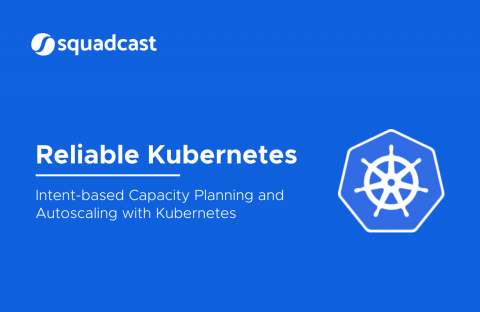Transparency in Incident Response
When your production systems are hit with a critical issue, you can trust your DevOps team, your Sysadmins or your SREs to get the system back on track. This is a no brainer. And in turn, these folks need to be able to trust the rest of the team to let them do their jobs, be it engineering, customer support or product management. But where does this trust come from? It comes from understanding - the more you understand, the more you can trust.


